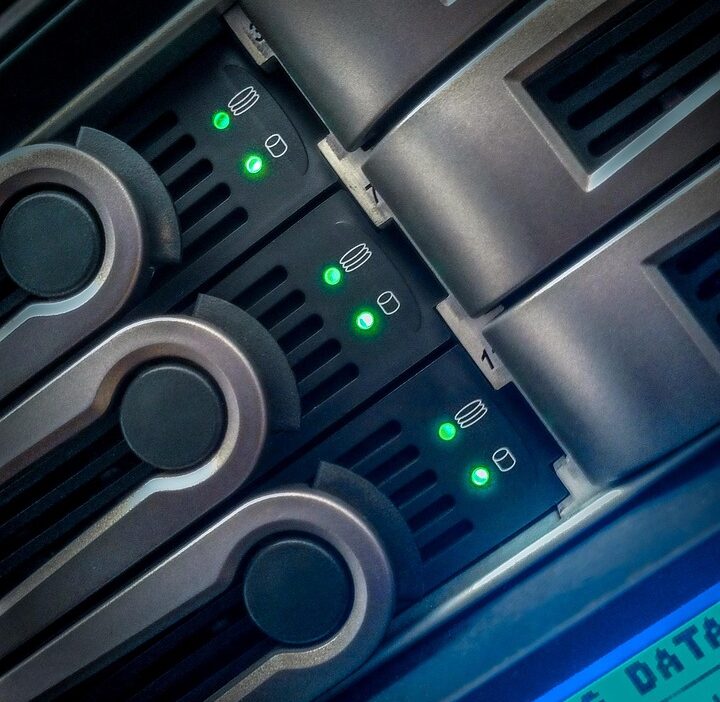In our increasingly digital world, data has become one of the most valuable commodities. From e-commerce to social media, organizations are leveraging advanced analytics to extract insights from data at an unprecedented scale. However, this surge in data utilization raises vital questions about privacy, ethics, and the protection of personal information.
The Importance of Data Privacy
Data privacy refers to the proper handling, processing, storage, and usage of personal data. As organizations collect vast amounts of information—from basic demographic details to intricate behavioral patterns—individuals are becoming more aware of their data rights. Data breaches, misuse of personal information, and unauthorized surveillance have made headlines, prompting a growing demand for robust data privacy measures.
Understanding the Landscape of Data Analytics
Organizations today depend on data analytics to drive decisions, enhance customer experiences, and foster innovation. Techniques like machine learning, artificial intelligence, and big data analytics allow businesses to predict consumer behavior, optimize operations, and personalize marketing efforts. However, the sheer volume of data being processed raises concerns about who has access to this data, how it’s used, and whether individuals are adequately informed about these practices.
Types of Data at Risk
-
Personal Identifiable Information (PII): Names, addresses, social security numbers, and financial information.
-
Behavioral Data: Information on how individuals interact with online platforms, including browsing history and purchase behavior.
- Health Data: Sensitive information related to personal health, which can be used for targeted advertising or health-tracking applications.
Regulatory Frameworks
Responding to growing concerns about privacy, many governments have introduced regulations aimed at protecting individual rights:
-
General Data Protection Regulation (GDPR): Enforced in the European Union, GDPR imposes strict rules on data protection and privacy, giving individuals greater control over their data.
-
California Consumer Privacy Act (CCPA): This state law enhances privacy rights and consumer protection for residents of California, allowing them to know what personal data is being collected and to whom it is sold.
- Health Insurance Portability and Accountability Act (HIPAA): In the healthcare sector, HIPAA imposes regulations on the handling of health information, ensuring confidentiality and security.
Such regulations compel organizations to adopt transparency, obtain user consent, and implement stringent security measures—shaping a more privacy-conscious environment.
Best Practices for Data Privacy
To safeguard personal information in the age of analytics, both organizations and individuals can adopt several best practices:
For Organizations:
-
Data Minimization: Only collect data that is necessary for your objectives. This reduces the risk of experiencing a data breach and lowers accountability.
-
Transparency: Clearly communicate how data is collected, used, and shared. Building trust with consumers enhances brand loyalty and mitigates reputational risks.
-
Access Controls: Implement strict access controls to sensitive data. Ensure that only authorized personnel can access personal information.
-
Regular Audits: Regularly audit data practices and update privacy policies to remain compliant with evolving regulations.
- Data Encryption: Use strong encryption techniques for data storage and transmission, protecting information from unauthorized access.
For Individuals:
-
Understand Privacy Policies: Read and comprehend privacy policies before providing personal information to organizations.
-
Use Anonymized Services: Where possible, opt for services that prioritize anonymization and are transparent about data handling practices.
-
Manage Permissions: Regularly review app permissions on devices and revoke access for applications that do not require certain information.
- Be Aware of Phishing Attacks: Educate yourself about common phishing tactics and be cautious about sharing personal information.
The Future of Data Privacy
As technology evolves, so too will the methods of data collection and analysis. Emerging technologies like the Internet of Things (IoT) and artificial intelligence bring both opportunities and challenges for data privacy. The ongoing conversation around data ethics is crucial, emphasizing the need for responsible use of analytics without infringing on individual rights.
Collaboration between governments, organizations, and civil society will be key in developing comprehensive frameworks that not only safeguard privacy but also promote innovation. Individuals must remain informed and proactive about their data rights, ensuring that their information is treated with the utmost respect.
Conclusion
Data privacy in the age of analytics is a pressing concern that requires vigilance from both organizations and individuals. As data becomes increasingly integral to our lives, understanding the implications of data usage and advocating for our rights can help create a more secure and equitable digital landscape. By prioritizing data protection, we can harness the power of analytics responsibly—turning data into insights while preserving our fundamental right to privacy.



